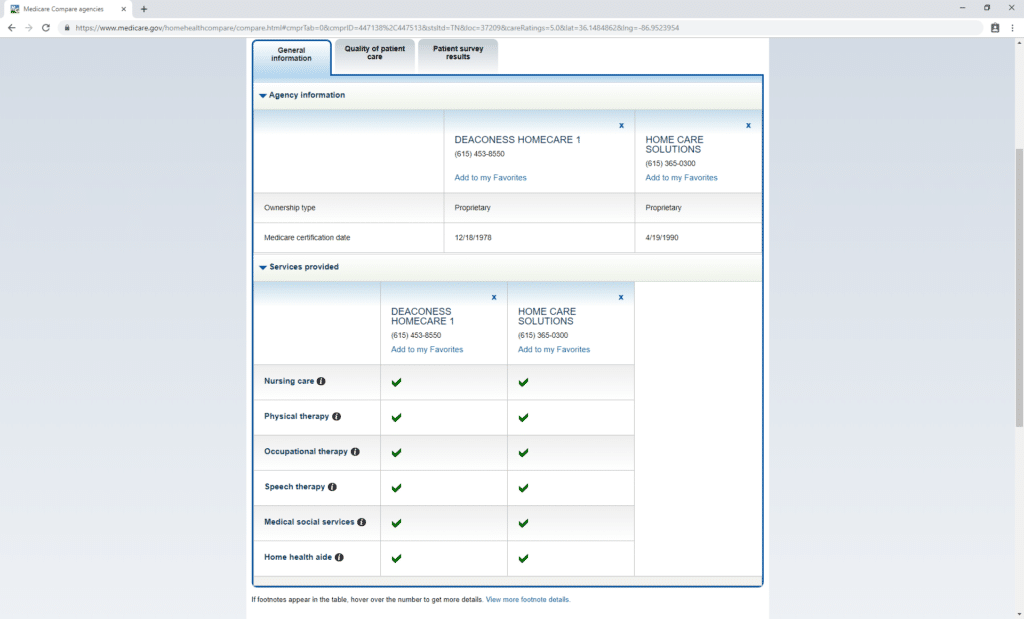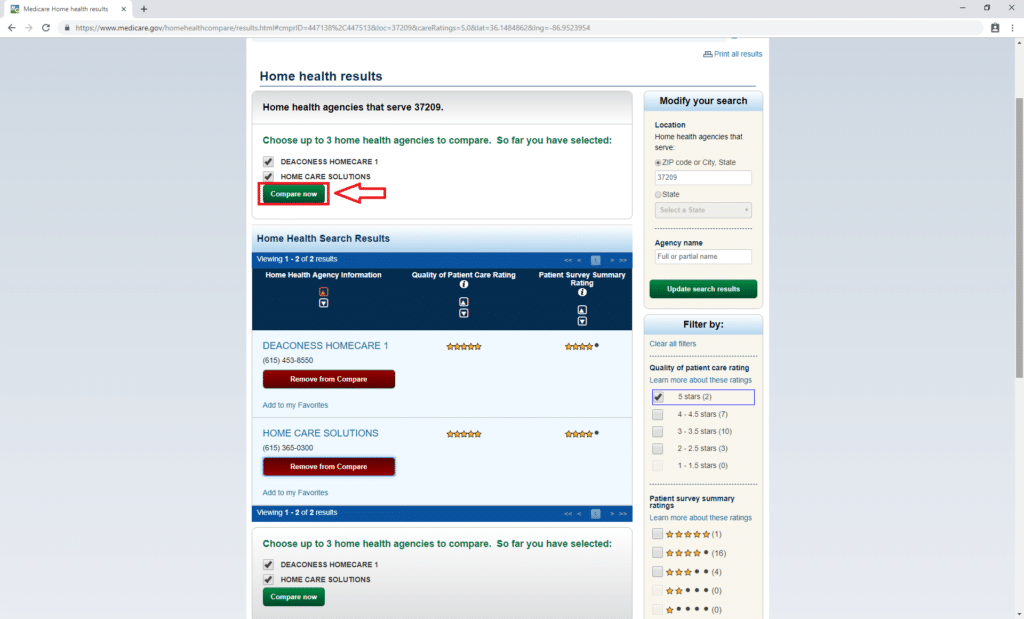Table of Content
- 5% off our Comfort Keepers services.
- Kaiser Permanente Insurance Review: Why Is It Top
- What Services are Available Through the IHSS Program?
- Does Kaiser Permanente Cover Long Term Care?
- Will Kaiser pay for a wheelchair?
- What hospitals are covered by Kaiser Permanente?
- Does Kaiser Permanente Cover Home Health Care
- Building stronger, healthier communities at community event
In-Home Supportive Services achieves this objective by paying or subsidizing the salaries of caregivers that the IHSS recipients choose. Our social workers will help you explore resources in the community to hire a private caregiver. A caregiver is not a covered benefit; however, you may qualify under MediCal/VA or other benefits. Medicare and Kaiser Permanente Senior Advantage members have the option to choose any non-Kaiser Permanente Medicare Certified Hospice Agency to provide Hospice Services. The patient may be required to pay benefit rate for non-hospice related care items . Most seniors who need help paying for an assisted living facility get a long-term care insurance policy.

Also, things like bandages, adult diapers, and other disposables arent covered. Since all Kaiser Medicare Advantage plans are HMOs, plan members have to stay within the Kaiser network of providers in order to have their care covered. Kaiser Permanente is a great option if it’s available in your area. It offers consistently high-quality Medicare Advantage plans with low-cost options. So long as you’re comfortable in an HMO with comprehensive coverage and don’t need standalone supplemental coverage, Kaiser may be the choice for you. … You can enroll in a stand-alone prescription drug plan if you have Original Medicare.
5% off our Comfort Keepers services.
Hospital stays have become shorter due to limited resources and concerns about infection and the quality of recovery. Studies have indicated that older adults who recover at home can have better outcomes with the proper support. Home health care has filled the need for continued health monitoring and recovery services after surgery, illness or accidents. Kaiser covers home health services as needed, depending on the terms of your health insurance policy. Cleveland Clinic provides virtual visits for your convenience and health.

Private health insurance plans may pay for select elder care services, but coverage varies from plan to plan. Most forms of private insurance will not pay for non-medical home care services, and in-home skilled care is rarely covered at 100 percent. Kaiser Permanente Medicare Advantage plans may cover some forms of at-home care for seniors, including home visits from nurses. Most plans help pay for medical professionals to come to your home for occupational, speech, or physical therapy. Some plans even offer home care services to help seniors with chores and companionship. Kaiser Permanente covers home health care services, including nurse visits and physical, occupational and speech therapies.
Kaiser Permanente Insurance Review: Why Is It Top
Check the status of your application by contacting the county where you applied. Once you are approved by the county, select your health care plan and/or provider through the State. Individuals who qualify for Medi-Cal will have no or low monthly premiums, no copays, and no out-of-pocket costs for most covered services. At Kaiser Permanente, you have a wide network of doctors and specialists to choose from. All of our available doctors accept Kaiser Permanente members with Medi-Cal coverage.

The nurse will explain the services provided based on your plan of care and you will have to sign a consent. You may want to have your caregiver or family member/advocate present during this visit. There is no charge to Kaiser Permanente Senior Advantage, Medicare Cost, MediCal, and Medicare Fee-for-Service members.
What Services are Available Through the IHSS Program?
Kaiser Permanente offers multiple types of health insurance, including individual plans, family plans, Medicare, Medicaid and group health insurance. Although it seems that Medicaid covers practically everything someone needs, it doesnt necessarily provide full coverage. Medicaid does not cover private nursing, for example, nor does it cover services provided by a household member.
Companies have stopped selling benefits for as long as you live. Long-term care is generally not covered by Medicare or Kaiser Permanente. If you have limited resources, you may qualify for Medicaid (also known as Medi-Cal in California) to pay for your care. A visit is the best way to see if the facility, the residents, and the staff feel right to you.
If you have Kaiser Permanente Medicare Advantage plan, you can expect the standard Medicare coverage for hospice care. Kaiser Permanente is one of the largest and most trusted healthcare insurers in the nation. Founded in 1945, the California-based company quickly grew to become a major provider of healthcare to people of all ages, including plans tailored to older adults. However, Kaiser Permanente Medicare plans are limited to select states and areas, and the company does not have as much diversity in its plans as other large carriers. In today’s guide, we will take a closer look at Kaiser Permanente and how its plans cover different types of senior care.

Professional caregivers can relieve the stress of family caregiving and begin supporting aging parents at home. Family members can help with such things as bathing, dressing, and cooking. Some home health care can only by given by health professionals. These include meals at home, transportation, housework, help with shopping, and adult day care.
But it may be the best choice for many people who have a lot of trouble with daily tasks and need medical care. Not all treatments or services described are covered benefits for Kaiser Permanente members or offered as services by Kaiser Permanente. For a list of covered benefits, please refer to your Evidence of Coverage or Summary Plan Description. For recommended treatments, please consult with your health care provider.

Home health care is medical care that you need at home but may not be able to do yourself. In order to receive Home Based Palliative Care services, the patient must be homebound. Patient is considered homebound when it takes an extreme effort to leave the home.

No comments:
Post a Comment